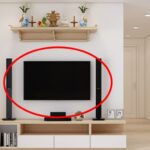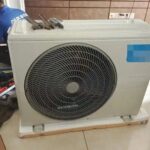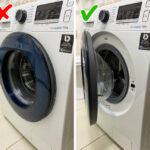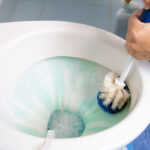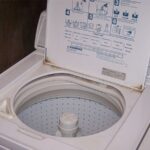When it comes to electricity consumption, we often think of air conditioners, refrigerators, and electric stoves as the most power-hungry appliances in our homes, overlooking the following devices:
1. Washing Machine and Dryer
Washing machines and dryers are also energy-intensive due to their high power output. Therefore, it is advisable to unplug them when not in use. It is essential to use them efficiently by sorting and separating laundry to choose the appropriate washing settings for each load, thus saving energy and water.

Use Your Washing Machine Efficiently
2. Television
Televisions can consume a significant amount of electricity even when they are not in use if they remain connected to a power source. Larger screens and prolonged usage further increase energy consumption. As such, it is advisable to unplug your TV when it is not in use.
3. Phone Chargers
Phone chargers are often left plugged into power outlets continuously, leading to unnecessary energy consumption. It is advisable to unplug your charger once your device is fully charged or when it is not in use.
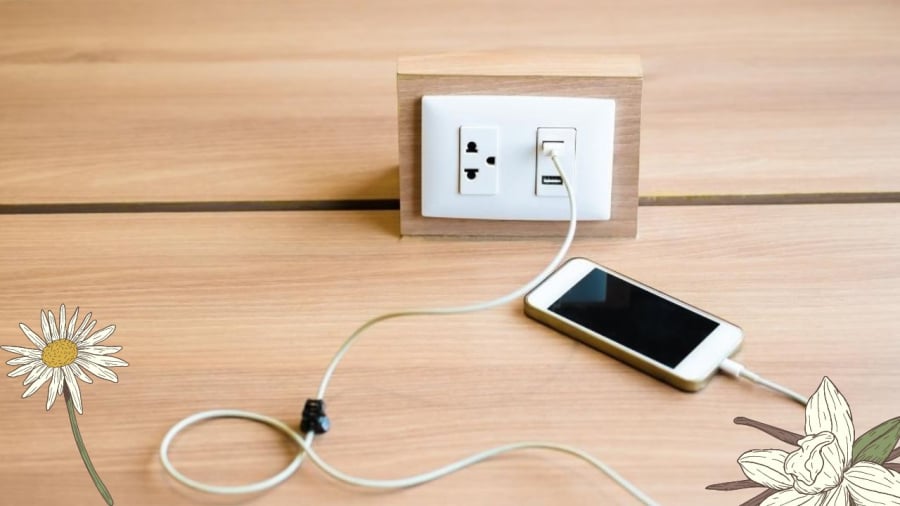
Continuously Plugged-in Chargers Waste Energy
4. Water Dispensers
Water dispensers, especially those providing hot and cold water, can be significant energy consumers, commonly found in offices and households that frequently use hot water. To save energy, unplug the dispenser when it is not in use.
5. Air Coolers
Air coolers, despite being considered a more energy-efficient alternative to air conditioners, can consume a notable amount of electricity when operated for extended periods daily.
6. Induction and Infrared Cooktops
These types of electric stoves typically have high power outputs. If you frequently cook, the energy usage can be significant. To save energy, plan your meals efficiently, and avoid overcooking, as it wastes both electricity and food.
7. Desktop Computers and Laptops
Even when shut down, desktop computers and laptops can continue to draw power. It is advisable to turn them off completely when not in use, rather than leaving them in sleep mode, which still consumes energy.
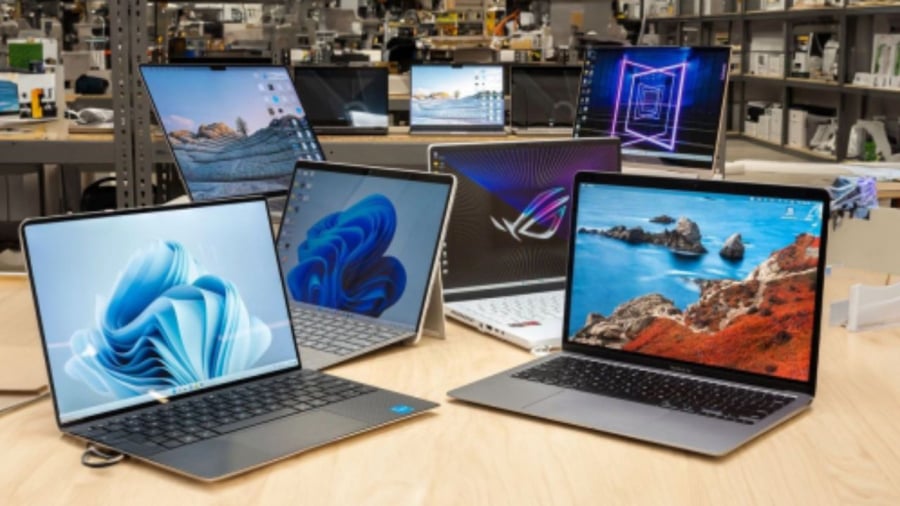
Improper Laptop Usage Can Waste Energy
8. Rice Cookers
Rice cookers are essential appliances in Vietnamese households, used multiple times daily. To save energy, consider plugging in the cooker closer to mealtime to ensure the rice is freshly cooked and still warm, thus avoiding waste.
10 Power-Saving Tips from EVN
To save energy, consider the following tips:
– Plant indoor greenery to reduce the impact of strong sunlight and maintain a cooler indoor temperature during the summer.
– Install curtains or blinds with heat-blocking properties to prevent excessive heat from entering the room, thus reducing the need for air conditioning.
– Avoid using multiple electrical appliances simultaneously during peak hours. Only use what is necessary, and opt for energy-efficient devices.
– Open windows at night to let cool air in and reduce the reliance on air conditioning.
– Adjust your cooling habits by setting the air conditioner temperature above 26°C and turning it off at night.
– Use your refrigerator efficiently by maintaining a 10 cm gap between the back of the fridge and the wall, and avoid frequently opening the door.
– When purchasing new appliances, consider the energy efficiency ratio (EER) and choose models with higher ratings.
– Regularly clean your electrical appliances to improve their efficiency and reduce the need for multiple devices.
– Unplug electrical devices when not in use to prevent energy wastage.
– Switch to energy-saving light bulbs, such as LED lights, and make use of natural light during the day.
The 5 Things You Should Never Place Under an Altar
In the realm of feng shui, it is imperative to maintain a pristine and orderly space for the altar. This sacred area must be treated with the utmost respect, free from any clutter or random objects that could disrupt the harmonious flow of energy. It is believed that a tidy altar space invites positive energy and brings peace and prosperity to the home.
























